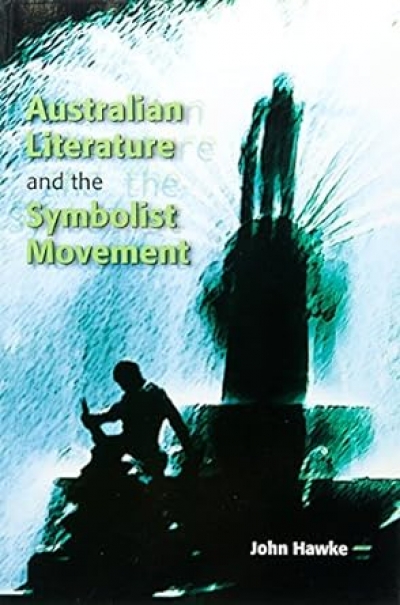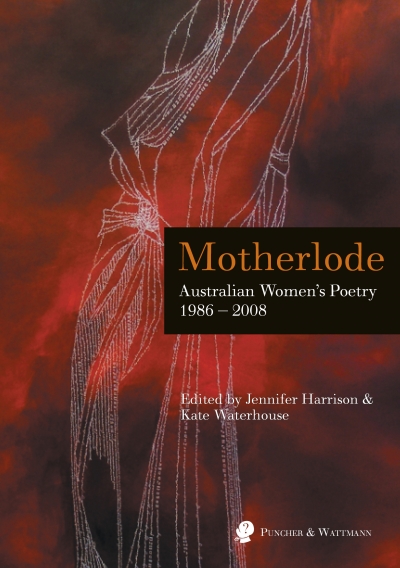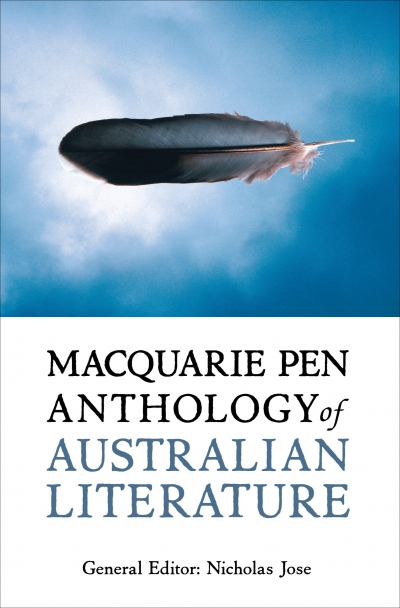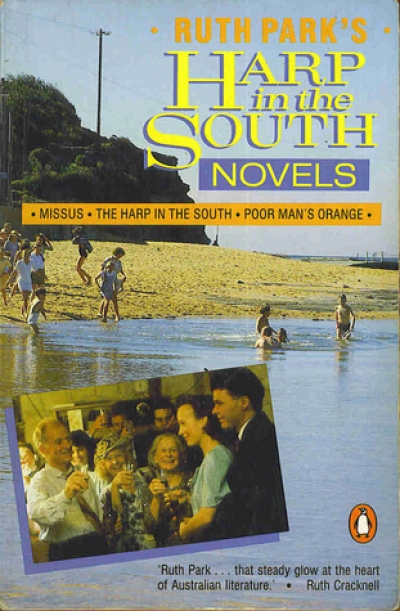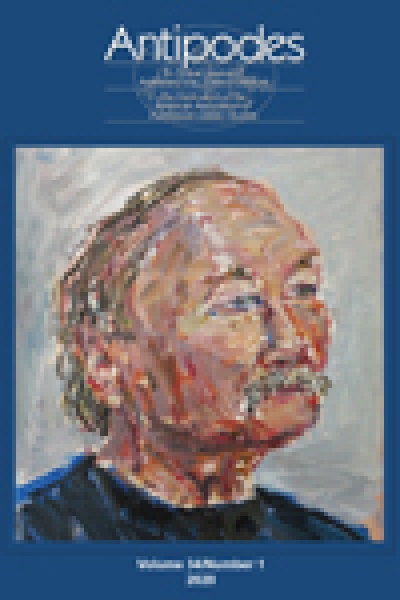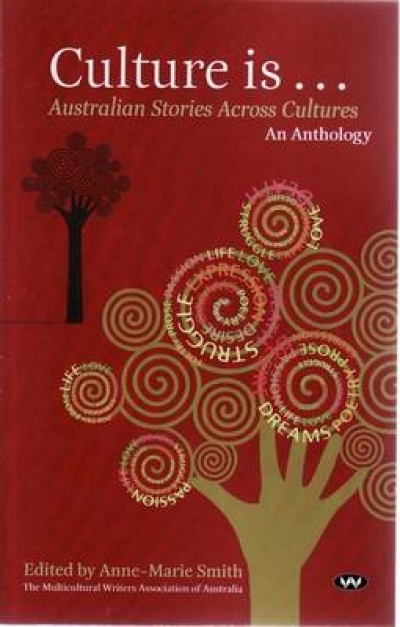Australian Literature
Australian Literature and the Symbolist Movement by John Hawke
Dear Editor,
In responding to Peter Craven’s broad-brush review of the Macquarie PEN Anthology of Australian Literature in last month’s ABR, which I suppose you ran for the sake of controversy, let me touch on the wider debate about what’s in the book, and why.
In compiling such an anthology, where you obviously can’t have everything, a principle of metonymy comes into play, in which the one is asked to stand for the many. In the Macquarie PEN, this is a principle of inclusion, not exclusion. Where space permits no more, authors are indicated by association or citation, making the whole greater, we hope, than the sum of the parts, more open and many-layered, as anyone will discover who reads the essays and author introductions in the book. Thus Gerald Murnane’s fiction is implied by a superb piece of non-fiction, ‘Why I Write What I Write’, showing him at his best. The only other answer to why the editors did not choose this particular work is that they chose that one, after careful consideration not only of the work itself but of its interaction with other works in the collection. Nothing’s perfect, of course. If readers have suggestions or corrections, we’d be grateful to hear them. See the feedback link on the home page of the anthology website: www.macquariepenanthology.com.au.
... (read more)Motherlode: Australian Women’s Poetry 1986 – 2008 by Jennifer Harrison and Kate Waterhouse
The judges of the early Miles Franklin Awards clearly knew what they were about. Their inaugural award went to Patrick White’s Voss in 1957; the second to Randolph Stow’s To the Islands in 1958. At the time, White was in the early stages of a distinguished career that would bring him Australia’s only Nobel Prize for Literature, while the precocious Stow also promised great things. Hailed as a literary wunderkind, he had published two novels, A Haunted Land (1956) and The Bystander (1957), and his first collection of poetry, Act One (1957), by the time he was twenty-two. When Act One was awarded the 1957 Gold Medal of the Australian Literature Society and To the Islands won it the following year, plus the Melbourne Book Fair Award and the Miles Franklin, he seemed to be embarked upon a stellar career.
... (read more)Macquarie Pen Anthology of Australian Literature edited by Nicholas Jose
The physiotherapist I saw for a pinched nerve in my back not long ago turned out to be an avid reader of fiction. She would work her way through the Booker shortlist each year. But she wouldn’t read Australian novels. As she pummelled my knotted flesh, I wondered if this was the right moment to admit that I was a person who wrote such things. She explained that, having moved to Australia from South Korea as a twelve-year-old, she had been made to write essays at school about a book called A Fortunate Life that she found as painful as I was finding her pressure on my spine.
... (read more)The reissue in one volume of three of Ruth Park’s much-loved novels The Harp in the South (1948), its sequel Poor Man’s Orange (1949), and the prequel Missus (1985) is welcome. The trilogy completes the family saga, taking the Darcy family from its emigrant beginnings in the dusty little outback towns where Hughie and Margaret meet and marry, to their life in the urban jungle of Surry Hills, then for-ward to the 1950s when the next generation prepares to leave the slums for the imagined freedom of the bush. These are Australian classics, but classics of the vernacular, of the ordinary people. They should never be allowed to disappear from public consciousness.
... (read more)Culture Is …: Australian stories across cultures edited by Anne-Marie Smith
When I was a student, the professor used to say that Australian literature had no intellectual content. That was the way professors spoke back then. He might have had A.B. ‘Banjo’ Paterson in mind; Paterson was an enormously popular writer, who didn’t let difficult ideas get in the way. Paterson is the sort of writer who goes straight to the sentimental core of his material. He does not chase after profundities or wrestle with conceptual difficulties.
Paterson could not care less about professorial pursed lips and all that. When, in 1895, his first volume, The Man from Snowy River, and Other Poems, was published, it sold out within a week. Paterson was a sensation, both here and abroad. The Times enthused, and Rudyard Kipling, with whom Paterson was immediately compared, congratulated Angus & Robertson, the publishers.
... (read more)
